
To release something is to set it free. We may think of this in terms of animals that were captured and then set free. But we may also think of it as releasing ourselves from limitations, old patterns, beliefs, etc., and freeing our inner child to express its true nature.
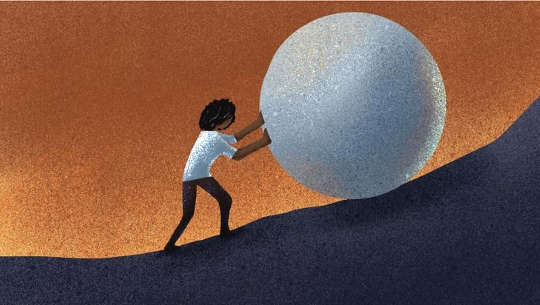
There may be some confusion between these two attitudes: "acceptance" or "not accepting the way things are" and choosing to change them. I find that the best way for me to understand and practice these concepts is presented in the introductory lines of the Serenity Prayer...

We all have energy. It's like the hours in a day -- we all have 24 hours. However, the secret of happiness is how we use those hours, just as in how we use our energy.
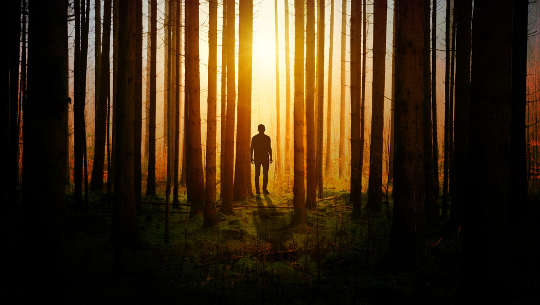
It may not seem appropriate to celebrate the darkness of life. Yet, the dark is a needed part of the light. In nature, night is an essential part of the growth process...
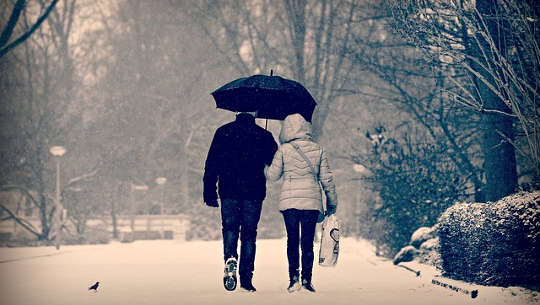
Attaining harmony with ourselves and with those around us is truly something to celebrate. Harmony includes many aspects: unconditional love, inner peace, and acceptance of what is. Once we are in harmony with all...

Whether it has to do with a new health routine, a new attitude, or a new goal, determination is what will keep you going when the going gets tough.

Let's shift our focus to what we have to celebrate. This does not mean we ignore the things that need fixing, but it does mean we don't make negativity the only thing we think of and talk about...
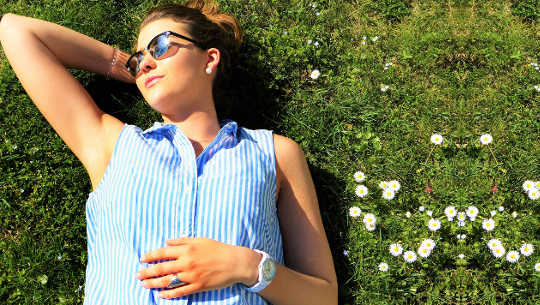
If we want things to get better, we have to be willing for them to change... which means we have to be willing to change ourselves. In other words, we must step beyond the rigidity of our preconceived notions, our old beliefs, and any barriers we have erected between...

Shoulds usually refer to rules or preferences set out by others, whether by parents, authority figures, or society. Some "shoulds" are beneficial, as in...
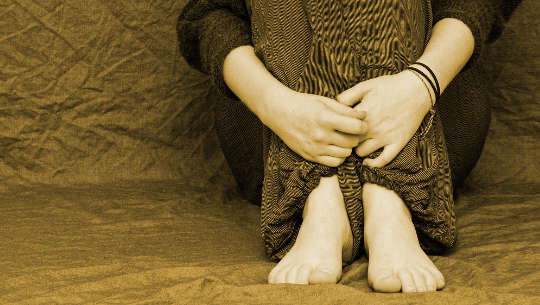
A stance that keeps us stuck in the past is playing the victim. The traits that we embrace when we choose to play victim are not only rigid, they are disempowering.
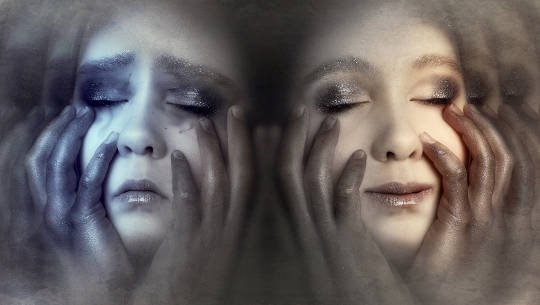
Two things that act like cement in our lives are guilt and shame. They keep us stuck in the past, and unable to step forth into a wonderful future. Guilt and shame are both constructs of the ego, of the mind. They have nothing to do with the heart. The heart loves! End of story!

One form of rigidity is when we conform to the "norm" and do not express our true nature. In many ways, society expects us to conform and fit a rigid mold: get a good job or career, get married and have children, buy a house and a car, and live your life without making waves. Waves are fluid, flexible, and free...
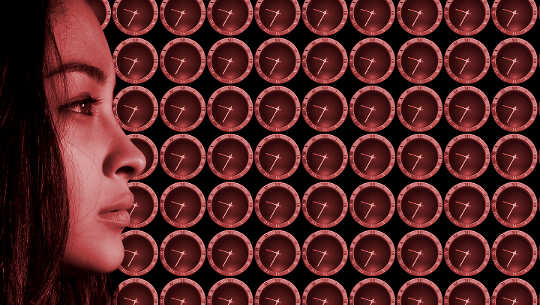
Habits can be another form of rigidity and resistance to change. Some habits are helpful, as in brushing your teeth after a meal, or taking a walk at a certain time, or automatically securing your seat belt in the car. But some habits, as we all know, are not healthy or helpful.
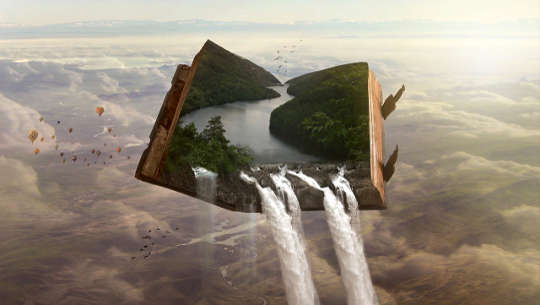
Many people are not willing or feel capable of going with life's flow. For some, that means denying what they see right in front of them. It may mean...

It takes courage to express ourselves openly, truthfully, yet lovingly. It takes courage to express who we are even when others do not understand or accept us. It takes courage to respectfully stand up for who we are and what we believe in.

It takes courage to express our greatness, our wonderfulness, our divine being. We are so used to demeaning ourselves, deflecting compliments, and living as if we are inconsequential.
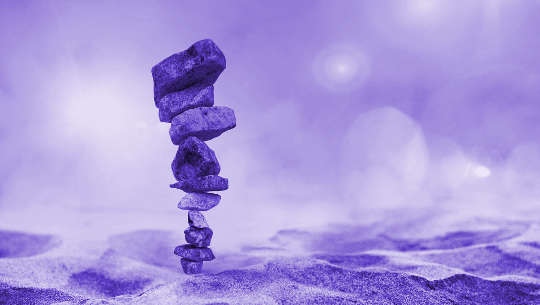
Sometimes. the courage we need is the courage to let go, to stop the forward momentum of whatever we are doing and let go of our attachment to how we think things should be.
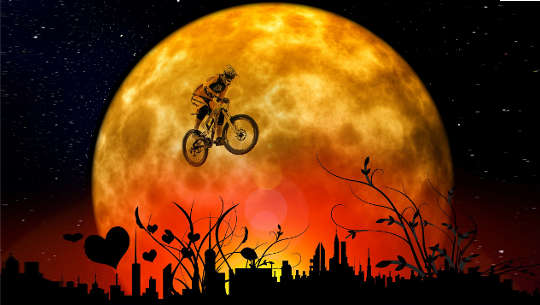
No matter what we've done and what we haven't done, we are full of potential. We are a work in progress, still on the road to becoming all that we are meant to be.
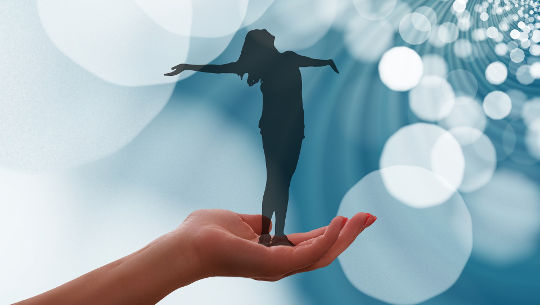
One of the greatest impediments to be true to ourselves, to live up to our potential, is fear... fear of rejection, fear of ridicule, fear of failure, fear of being unloved, unwanted, unappreciated, etc...
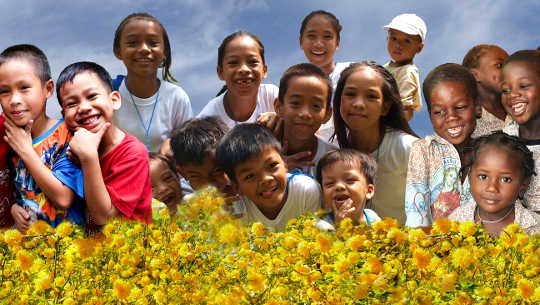
While being true to ourselves should be the easiest thing to do, because of our early programming, upbringing, and shaming experiences, it often seems like the most difficult thing to do. It takes courage to be ourselves, to stand up for ourselves, to speak our truth.

We each have a role to play in this grand experiment of life. Is our role written out for us? Do we have a script we have to adhere to? Or do we have free will to act as we choose?

Perhaps our best friend, when we are working at moving past our ingrained perspectives, is uncertainty. In the past, we were so sure that we knew what was "truth" and that things were as they appeared to be.
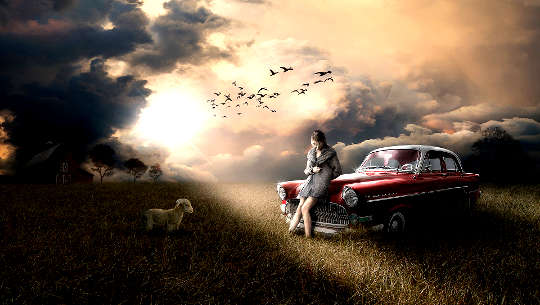
Our perception of others is often tainted by judgments and preconceived opinions. This means that we do not see the person themselves. Rather, we see what we think they are...
















